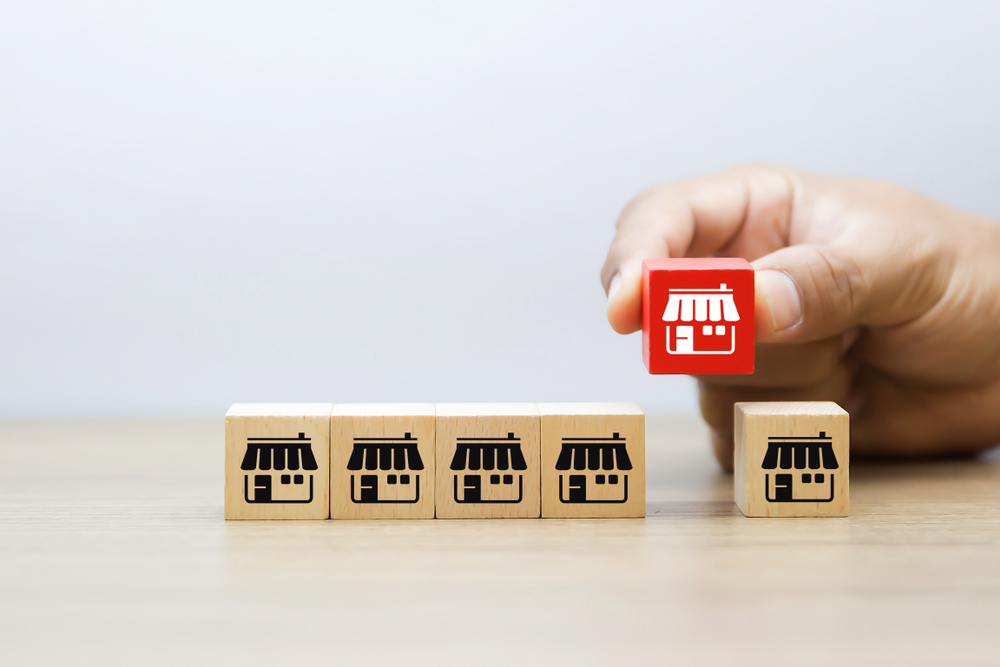In business, sustainability refers to doing business without negatively impacting the environment, community, or society as a whole. Sustainability in business generally addresses two main categories:
- The effect business has on the environment
- The effect business has on society
The goal of a sustainable business strategy is to make a positive impact on at least one of those areas. When companies fail to assume responsibility, the opposite can happen, leading to issues like environmental degradation, inequality, and social injustice. Sustainable businesses consider a wide array of environmental, economic, and social factors when making business decisions. These organizations monitor the impact of their operations to ensure that short-term profits don’t turn into long-term liabilities.
Business sustainability comes from sustainable development
In 1987, the United Nations coined the term sustainable development. They said economic development that is ‘sustainable’ meets “the needs of present generations without compromising the needs of future generations.”
So, business sustainability means that businesses should create wealth and make people’s lives better. But, they need to do so without compromising the health and wealth of future generations. That means businesses should not consume natural resources too quickly (e.g., overfishing) or create waste like plastic and carbon too quickly. The long-term goal is thriving societies and ecosystems.
No single business can be sustainable – only groups of organizations. Every individual business consumes resources and creates waste. By working with other organizations, a business can use another organization’s waste as inputs for its own production processes and sell its waste for others’ production processes – for example, a grocery store’s leftover fruit becoming a juice bar’s inputs.
The Benefits of Sustainability in Business
Sustainability in business isn’t just good for the environment or society at large — it’s also good for the business itself. Here are just a few of the many benefits of operating a more sustainable business:
- Reduces Business Costs: “Greening” your business takes an initial investment, but, over time, you’ll save money by prioritizing sustainability. A 2011 McKinsey survey on the business of sustainability found that 33% of businesses were integrating sustainable practices to improve operational efficiency and cut costs — resulting in a 19% increase from the previous year. Over the course of 10 years, clients of the managed service provider Elytus saved over $11 million through sustainable waste management and transparency.You can reduce your business costs by going green. For instance, using more efficient lighting or creatively reusing existing materials will save money. Although it takes an upfront investment, converting to solar energy pays off: the average commercial property owner will save about $500 per month on electricity, which equals savings of $587,377 over the life of the solar power system. Most businesses pay off the cost of panels in five to seven years.
- Improves Business’ Reputation: Reputation management in business is about establishing a good image by aligning messages with actions. Among the most reputable companies for corporate social responsibility, Lego comes in at No. 3 because of its decision to make Legos from plant-based sources. After it made the announcement, Lego immediately followed through with products produced from leaves and sugarcane. The Danish toy company plans to use sustainable materials for all of its core products and packaging by 2030. As a result, the company’s reputation has skyrocketed.
- People view sustainability as a plus, and companies with green values are eager to showcase them because of that fact. Going green shows the world you care about more than just making money. You can use this to your advantage when marketing your business and developing your brand identity.
- Provides Competitive Advantage: S&P 500 companies with sustainability baked into their strategy perform better than those that don’t: they see an 18% higher ROI because they’re managing and planning for climate change. According to Jeffrey Hollender, professor of sustainability at NYU Stern, “You will perform better financially by doing things like having a great sustainability program.” Researchers from Harvard Business Review agree: “We’ve been studying the sustainability initiatives of 30 large corporations for some time. Our research shows that sustainability is a mother lode of organizational and technological innovations that yield both bottom-line and top-line returns.”
- Increases Bottom Line: You can earn more money and boost your bottom line by making your business more sustainable. Reduced business costs, more innovative strategies, an improved reputation, and more new customers who value sustainability all work to increase the amount of money sustainable businesses earn.

























